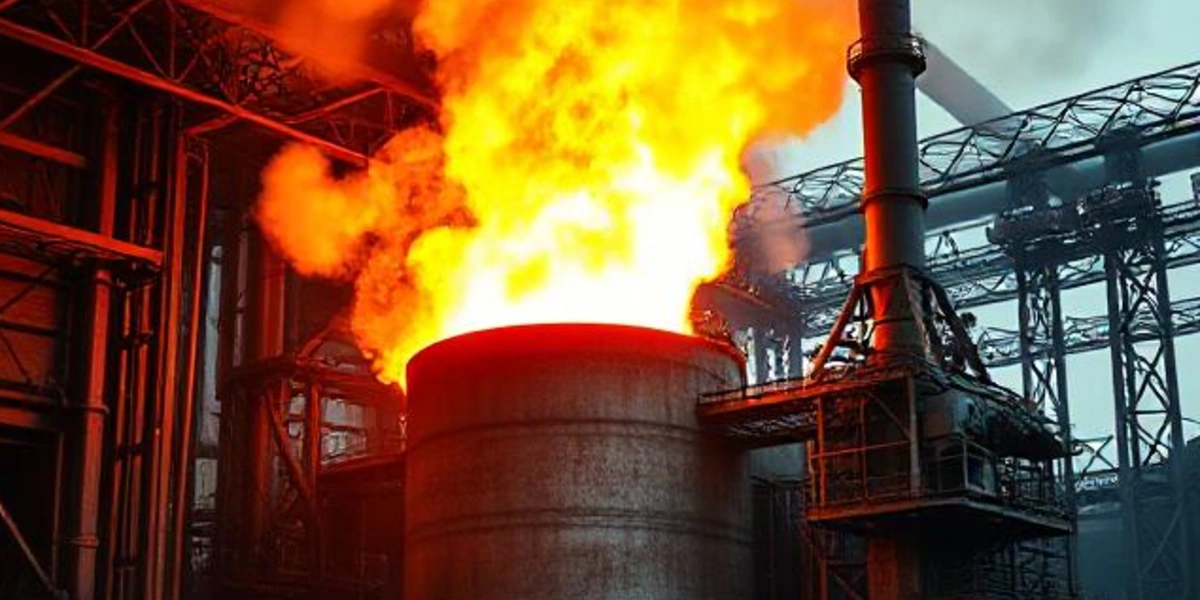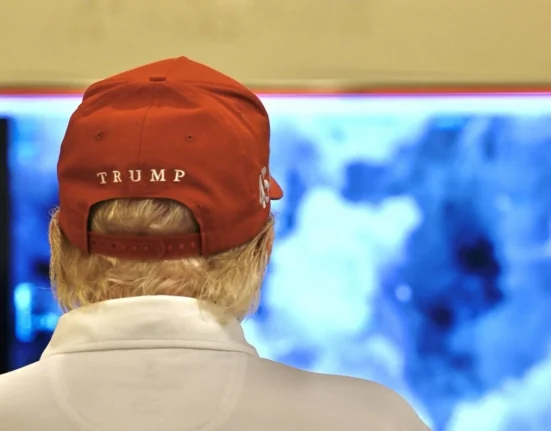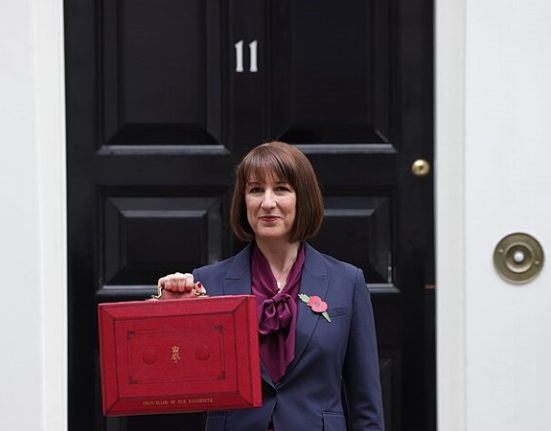After months of dithering, Keir Starmer’s government blinked. They pulled Britain back from the brink of an industrial betrayal – one that would have seen our steel sector handed over, in practice if not in name, to Beijing’s backroom strategists.
Because let’s be clear: what’s been playing out with British Steel hasn’t just been about jobs, or carbon targets or levelling up.
It’s been a slow-burning sovereignty heist, hiding in plain sight. And the villain in this state-sponsored theatre? Jingye Group – the Chinese conglomerate that bought British Steel in 2020 with promises of investment and renewal, but delivered dependency and decay.
Strategic infiltration
This wasn’t economic partnership. It was strategic infiltration. Britain’s steel sector – vital for defence, critical infrastructure and industrial autonomy – was being hollowed out, asset by asset, until all that remained was a fragile dependency on a foreign power whose interests run counter to our own.
And we let it happen. We applauded the show. We called it global investment.
Until this week.
Starmer, who until now played the role of cautious technocrat, finally stepped onto the stage with conviction.
A clumsy way to achieve the right aim
The Steel Industry (Special Measures) Act 2025 may be clumsy, heavy-handed even – but in rejecting further Chinese control and asserting national interest, the government has at last pulled back the curtain on the real threat: economic coercion dressed up as commercial rescue.
China’s plan to weaken British sovereignty
What if this was always the plan? Eliminate the final competitor in the UK market to China’s cheap, state-backed steel. Break Britain’s industrial self-reliance. And in the process, chip away at our defensive capabilities – because without sovereign steel production, how long can we claim to be a serious military power? This wasn’t about reviving British Steel. It was about sidelining it.
And it won’t go unnoticed in Beijing. Starmer may have intended to press reset on UK-China relations – seek a balanced, pragmatic partnership.

A spanner in the diplomatic works
But this decisive act, while necessary, is a spanner in the diplomatic works. China doesn’t forget slights, especially when state-backed interests are embarrassed on the world stage. The curtain may have closed on this steel saga, but the next act in Britain’s China drama may be far more combustible.
British Steel’s viability requires a total rethink on energy costs
Now comes the hard part: making British Steel viable again. That means facing up to one of the UK’s worst-kept industrial secrets – our uncompetitive energy costs. If we’re serious about sovereign manufacturing, if we want steel made in Britain, for Britain, then we need a total rethink of the UK’s energy policy.
This will require Ed Miliband, Energy and Net Zero Secretary, to replace his ideological approach with a pragmatic one – as the Prime Minister has now done.
Without this newly pragmatic approach to energy sourcing and pricing, we’re just throwing subsidies at a furnace that can’t burn hot enough to compete.







